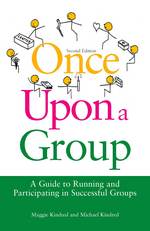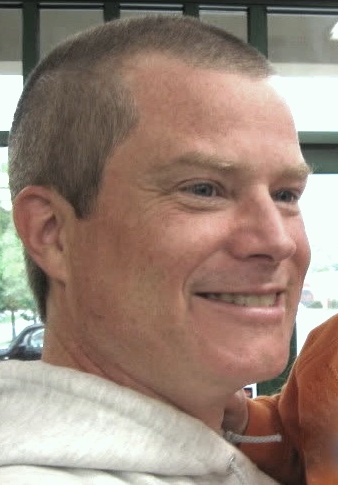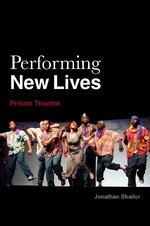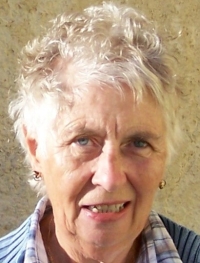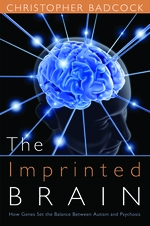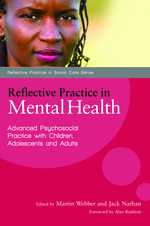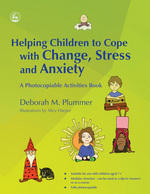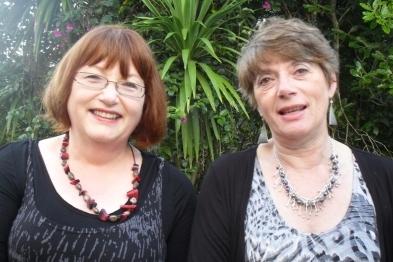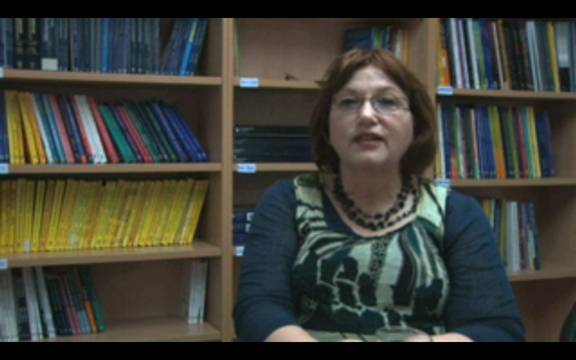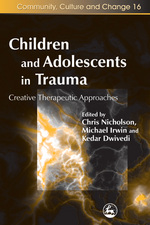How Groups Work – An article by Maggie Kindred and Michael Kindred
“We are in groups throughout life. Many different kinds of groups occur in social clubs, health and social care, industry, commerce, education, politics, churches, and voluntary organizations. People of all ages are involved, including small children. Most of them have no idea they are involved in ‘group processes’! Groups are natural, and usually get by without analyzing themselves. So why bother to spend time in training? … We have written this book because we believe that using a group isn’t mystical, but can be considerably more enjoyable and effective if members know a little about how groups function.”
